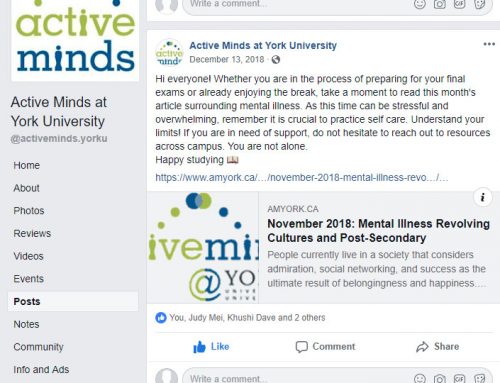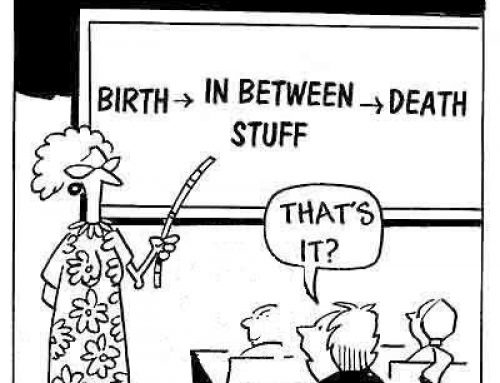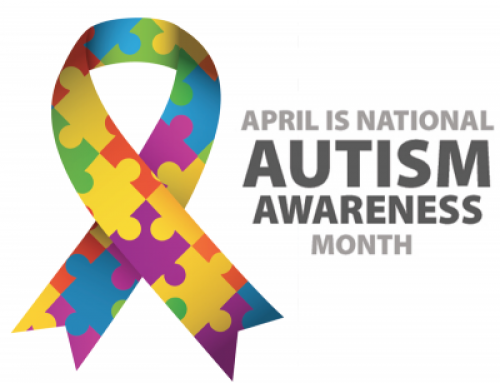Suicide is the silent killer, even though it has been more popularized throughout the media with deaths such as Kurt Cobain and Prince it is still not as recognized as it should be. More than 800,000 people die from suicide each year, that is 1 death every 40 seconds. This statistic is taken from Canada’s National Health organization. Since this alarming number, the United Nations decided to launch September 10th as World Suicide Prevention Day. This has become national event since 1990’s. The hope of this event is to foster connection, communication and care. The good news is that since 2011, 40 countries worldwide have embraced this day and held awareness events for this occasion. The key factors: care, connect and communication. This will be explored more deeply below.
Care:
Not just care between friends or relatives but care for one’s community. This especially targets policy makers and those in legislation such as our municipal government. We need to make sure they are enforcing prevention and making sure that adequate funding is given to consoling, mental health services and hospitals. We need to make sure our doctors and psychiatrists are giving each individual proper care. That they are having their needs met, not just through a daily pill and rushed appointments in offices. That suicide hotline preventions such as Good2Talk which is a free service offered 24/7 that allows individuals to rant and confide whenever they need it. It is services like these that need to be advertised around schools, universities and even work places. Care needs to happen on a global scale and in your own house as well.
Connect:
In a culture where you feel you know your twitter followers better than the person sitting next to you in lecture, it can be difficult to connect in the 21st century. It hard to talk to new people, and it’s even harder for others to reach out when they need too. Of course health care professionals play a major role in connecting. However, it may seem alienating to some if they feel that the only person they can tell their day to is a psychologist. Every human needs to connect to another person on some level. Just to have someone to tell how their day went. Others need more emotional connection. But just knowing that you have someone to depend on in case you need to is crucial. Suicide among young adults is on the rise. Having hundreds of people around you the same age but no one really there can cause isolation which can turn into serious neurological emotional pain. As Carl Jung said, “loneliness isn’t about how many people you have around you, but it’s about whether or not you feel as if you can communicate the things that are important to you.”
Smile at strangers, Ask if someone wants to go for lunch that you see in tutorial everyday, Don’t be scared to be human.
Communicate:
Open communication is the number one way to combat suicide and it’s cost effective. Active listening skills is one of the most valuable assets to have in a society that is all about presentation and not character.
Active listening entails that you:
1. Ask questions, don’t assume
This lets the person elaborate on their feelings and inner subjective world. Assuming one feels a certain way or should act a certain way might cause the other individual to take a defensive approach. By asking questions the other person knows you are interested, but you are being open minded. The number one reason why people do not open up when suicidal is judgement.
2. Empathize by recognizing feelings
When talking to someone and they start to frown or look away, try not to get unconformable. If you do not know what to say during times like these, try to empathize. By recognizing how the other person is feeling, even through body language, allows that person to feel heard. Everyone just wants to feel heard. By saying, “wow, that does really sound frustrating I would be upset too.” lets the other person feel understood. By offering a sympathetic approach it makes the individual feel more comfortable. This helps them feel more secure to be open emotionally in the future. Giving advice can make an individual feel attacked or invalidated. By recognizing feelings, the person doesn’t feel as though their subjective inner world of emotions is dismissed.
3. Saying less is more
Many people have urges to talk a lot to fill the air when conversations about suicide and depression arise. However, it is a myth that dominating the conversation will help the other person. When someone is vulnerable it is actually better when there is comfortable silence shared. When someone is vulnerable, they may speak slowly, have many pauses and not know what to say next. Avoid interrupting them or assuming what happens next in their story. The more they feel rushed, dismissed or blown off, the less likely they will open up completely. It takes a lot of energy to open up painful feelings and past trauma. The person has a lot going through their mind in what they want to say next, and how to compose themselves. Be okay with silence. Smile when pauses arise, reach out for a hug if they stop their story, hold their hand if they feel they have trouble continuing. A textbook can give advice, it takes a person to provide that human touch.


























